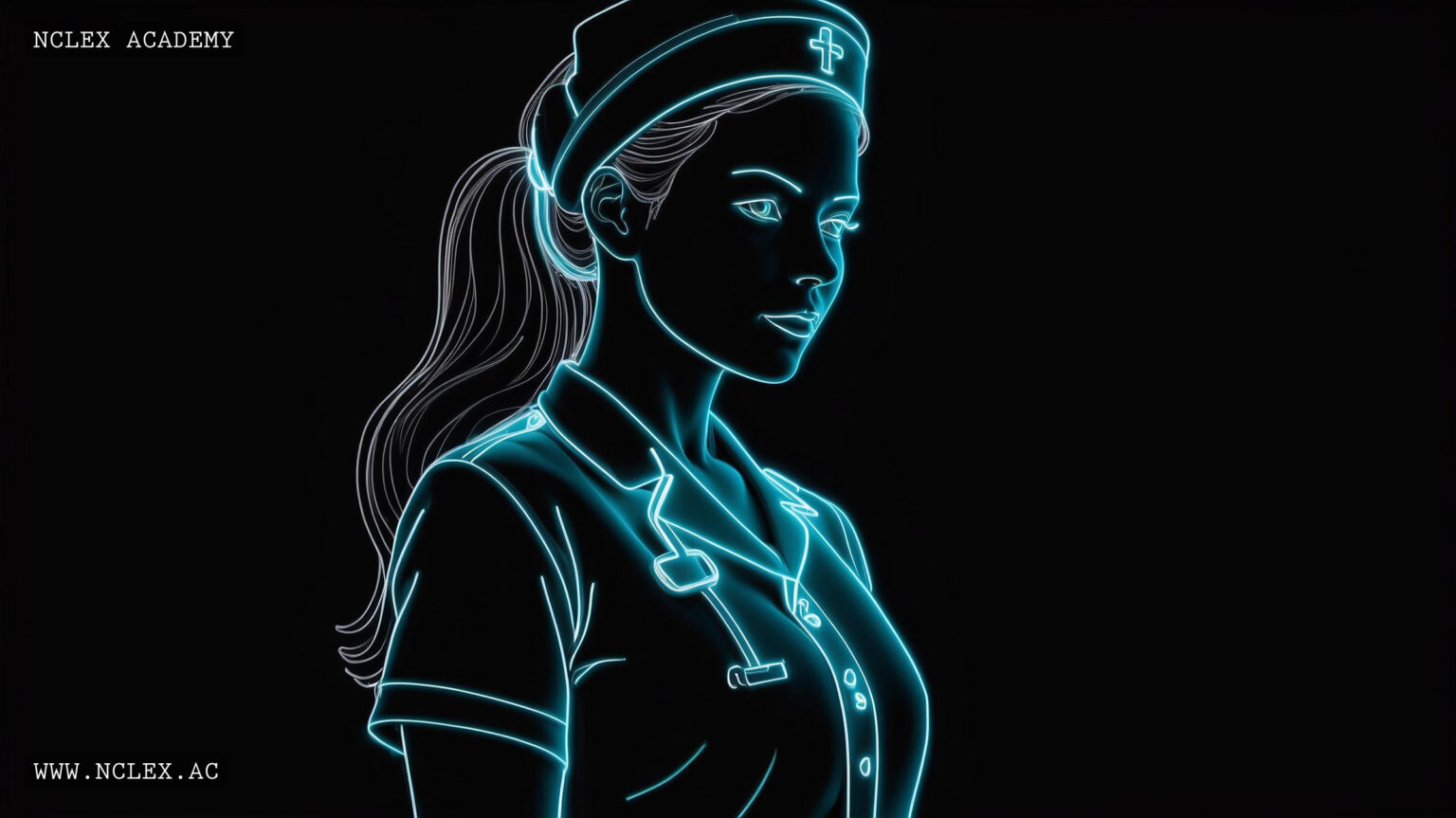As healthcare continues to embrace the digital age, the tools available to nurses for patient education have evolved astonishingly. With the right digital resources, nurses can enhance the effectiveness, accessibility, and personalization of patient education. Here, we delve into seven essential digital tools that empower nurses to transform patient education into a more engaging and comprehensive experience. These solutions not only foster better patient understanding of health conditions and self-care practices but also help to improve overall patient outcomes.
1. Educational Health Apps
Mobile health apps have become a staple in the modern patient education toolkit. These apps offer interactive features that promote learning and retention, such as quizzes, videos, and infographics tailored to individual health conditions. Nurses can recommend reputable apps like MyChart, which allows patients to access their health records, and Mango Health, which helps with medication management. By guiding patients through these apps, nurses enable them to take a proactive role in their health care journey.
2. Telehealth Platforms
Telehealth platforms have emerged as a cornerstone of patient education and healthcare delivery, especially in the wake of the COVID-19 pandemic. These platforms facilitate video consultations, allow nurses to demonstrate medical procedures remotely, and provide patients with access to educational resources at their convenience. Platforms such as Zoom for Healthcare and Doxy.me are HIPAA-compliant and ensure a secure environment for both healthcare providers and patients. Through telehealth, nurses can deliver personalized education that addresses patients’ specific questions and concerns in real-time, no matter their location.
3. Electronic Health Records (EHRs) with Patient Portals
The integration of Patient Portals within Electronic Health Records (EHRs) is a transformative tool for nursing professionals. EHRs like Epic and Cerner provide patients with secure online access to their health data, educational materials, and communication channels with healthcare providers. Nurses can leverage these portals to supply patients with information relevant to their diagnosis, treatment plans, and preventive care strategies. Furthermore, the ability for patients to review their information fosters deeper engagement and ownership over their health.
4. Virtual Reality (VR) and Augmented Reality (AR) Education Modules
Virtual Reality (VR) and Augmented Reality (AR) are at the forefront of innovative patient education methods. These cutting-edge technologies create immersive experiences that help patients understand complex medical conditions and procedures. For example, a VR program that simulates the experience of diabetic neuropathy can foster empathy and comprehension regarding the condition. Nurses can use VR/AR modules for patient education during consultations or in group settings to provide an impactful and memorable learning experience.
5. Online Video Libraries
Video resources are particularly effective due to their ability to convey information visually and audibly, catering to different learning styles. Healthcare institutions often curate specialized video libraries that include explanations of diseases, treatments, and self-care techniques. The VisualMD and MedlinePlus are examples of collections with comprehensive video content that nurses can share with patients. This makes complex medical information more digestible and reinforces verbal education provided by nurses.
6. Social Media and Blogs
Given the ubiquity of social media, nurses can leverage these platforms to share credible, evidence-based health education. Institutions can create dedicated pages or blog posts on platforms like Facebook, Twitter, and Instagram that offer tips, infographics, and updates on the latest healthcare information. Nurses can guide patients towards these resources or contribute by sharing their expertise, thus extending education beyond traditional settings and into patients’ daily social media scrolls.
7. E-Learning Platforms and Webinars
E-learning platforms and webinars offer structured and comprehensive educational opportunities for patients. These tools enable nurses to deliver in-depth content on various health topics, ensuring patients receive standardized information. Platforms like Teachable or Thinkific can host nursing-created courses, while webinars can be used for live sessions, where patients can ask questions and get immediate feedback. Incorporating these resources into patient education strategies enhances the scope and reach of nursing knowledge.
In conclusion, the digital revolution presents a wealth of tools that can be harnessed for patient education. Nurses can effectively utilize apps, telehealth, EHRs, VR/AR, video libraries, social media, and e-learning to deliver high-quality education tailored to patient needs. These tools not only make learning more engaging and accessible for patients but also equip them with the knowledge to manage their health proactively. As technology evolves, so too will the ways in which nurses educate and empower their patients, leading to continued improvements in healthcare outcomes.
NCLEX Academy
NCLEX Academy is a leading online platform dedicated to helping nursing students succeed in their NCLEX exams. With expert-led courses, printable exam prep materials, and personalized study plans, NCLEX Academy offers comprehensive resources to boost confidence and performance. The site also covers a wide range of interesting nursing topics, making it a must-visit for all nurses looking to expand their knowledge and skills. Join thousands of students and nurses who have achieved their dream of becoming licensed professionals with NCLEX Academy.
NCLEX Academy Official Website
